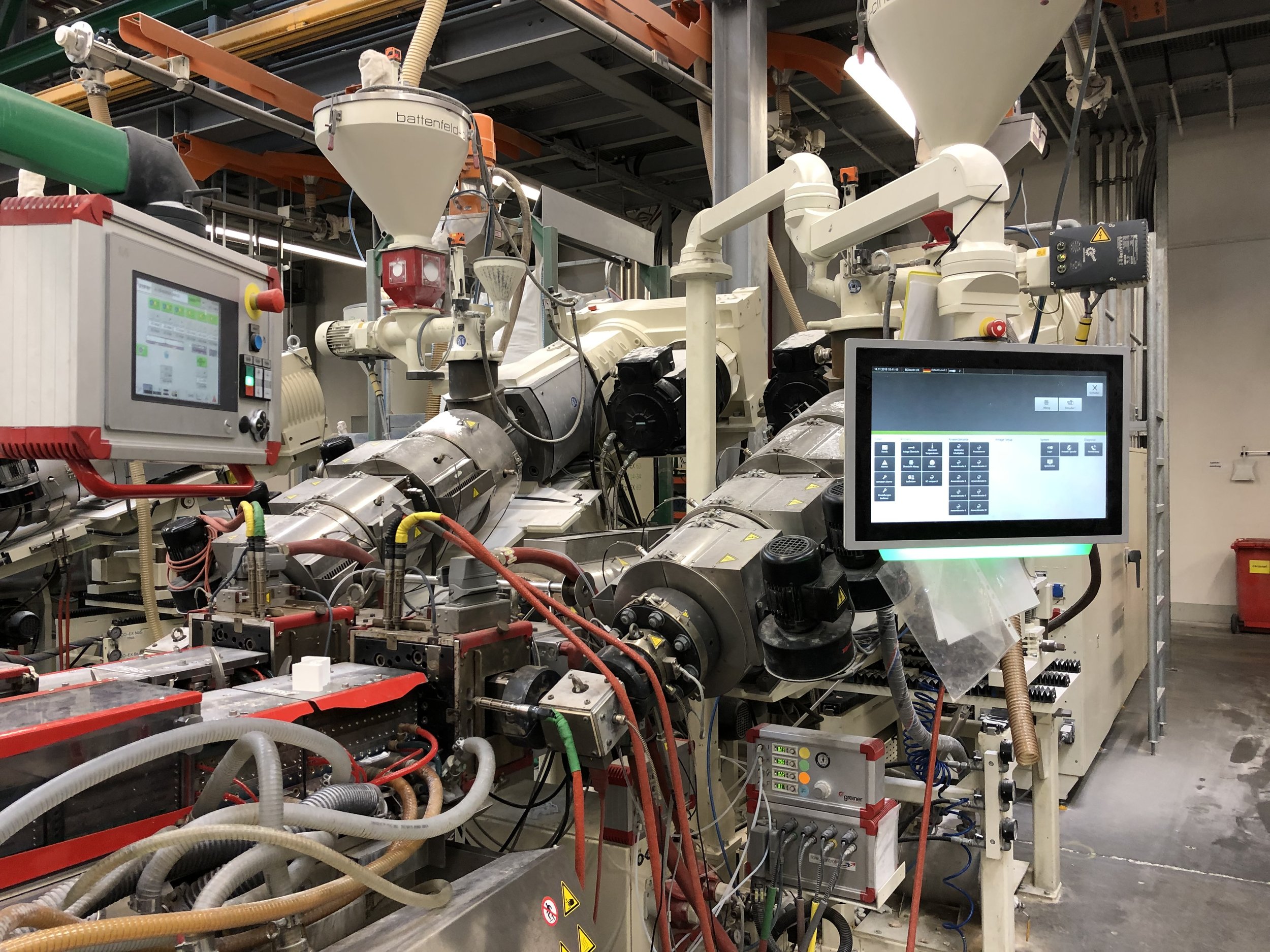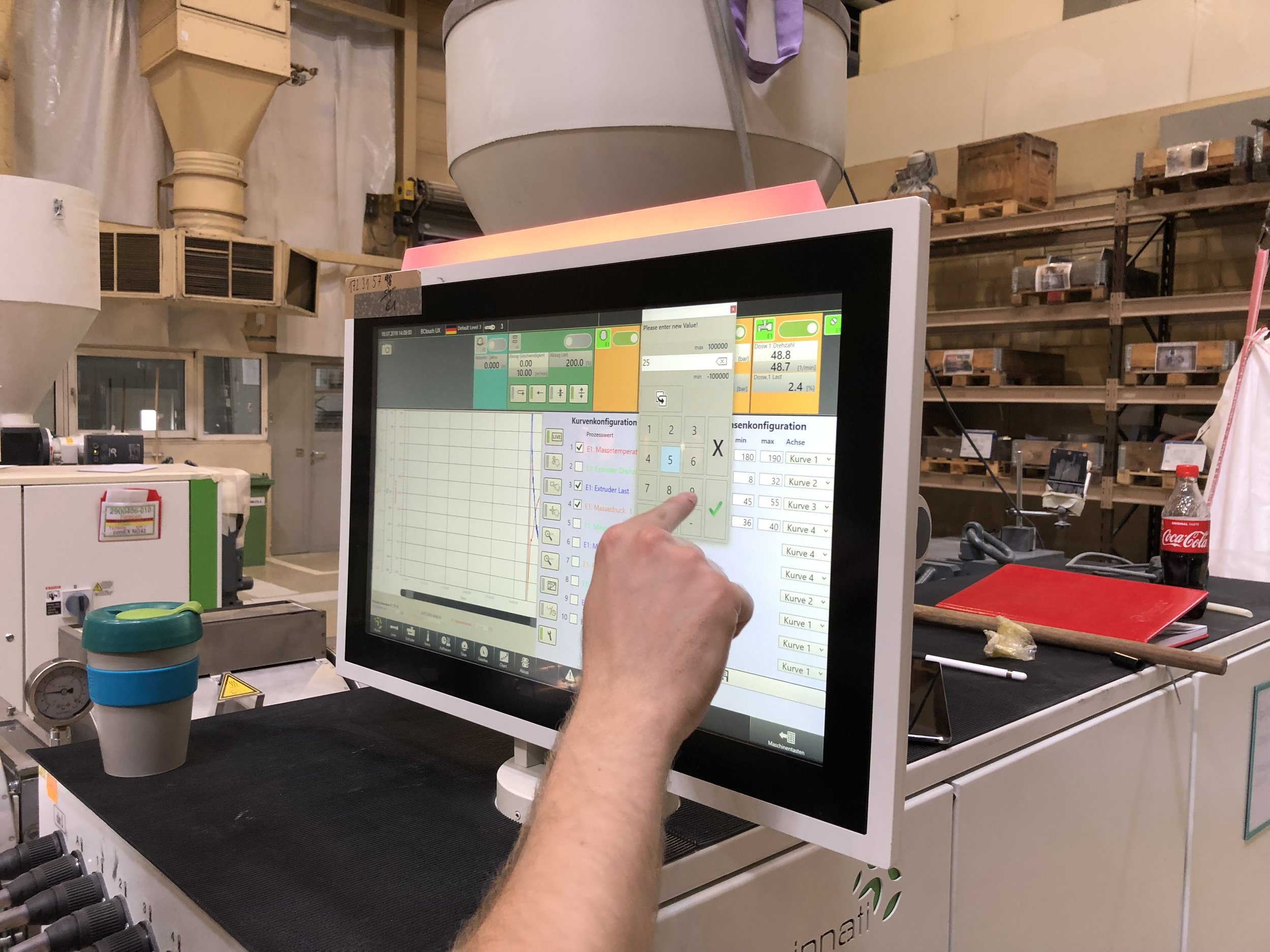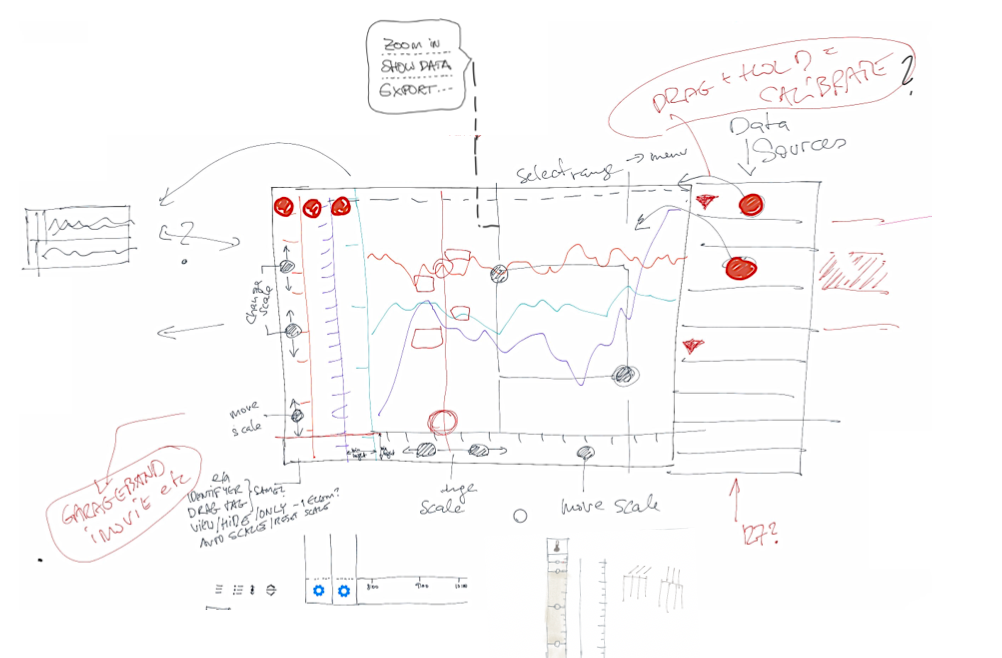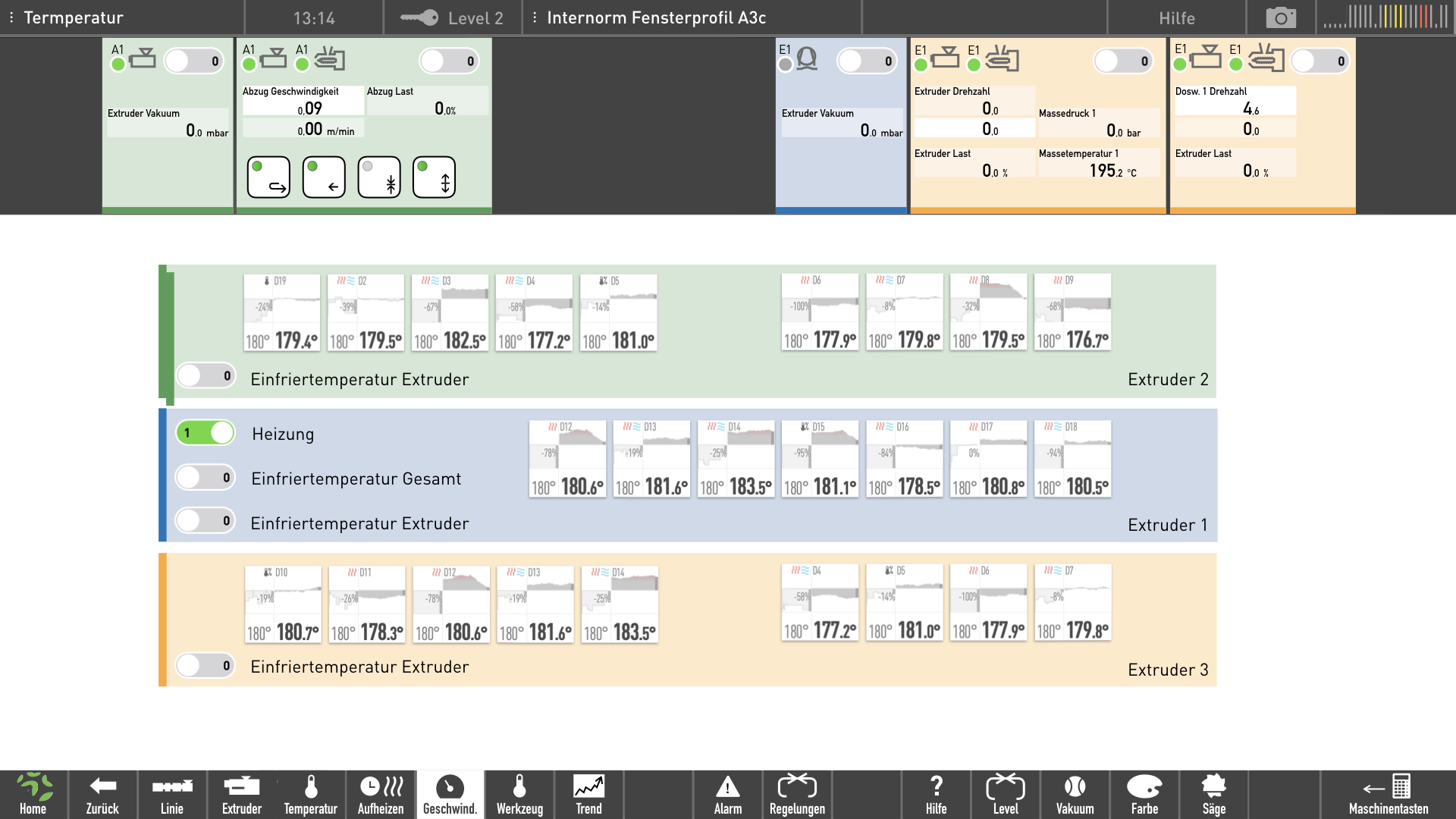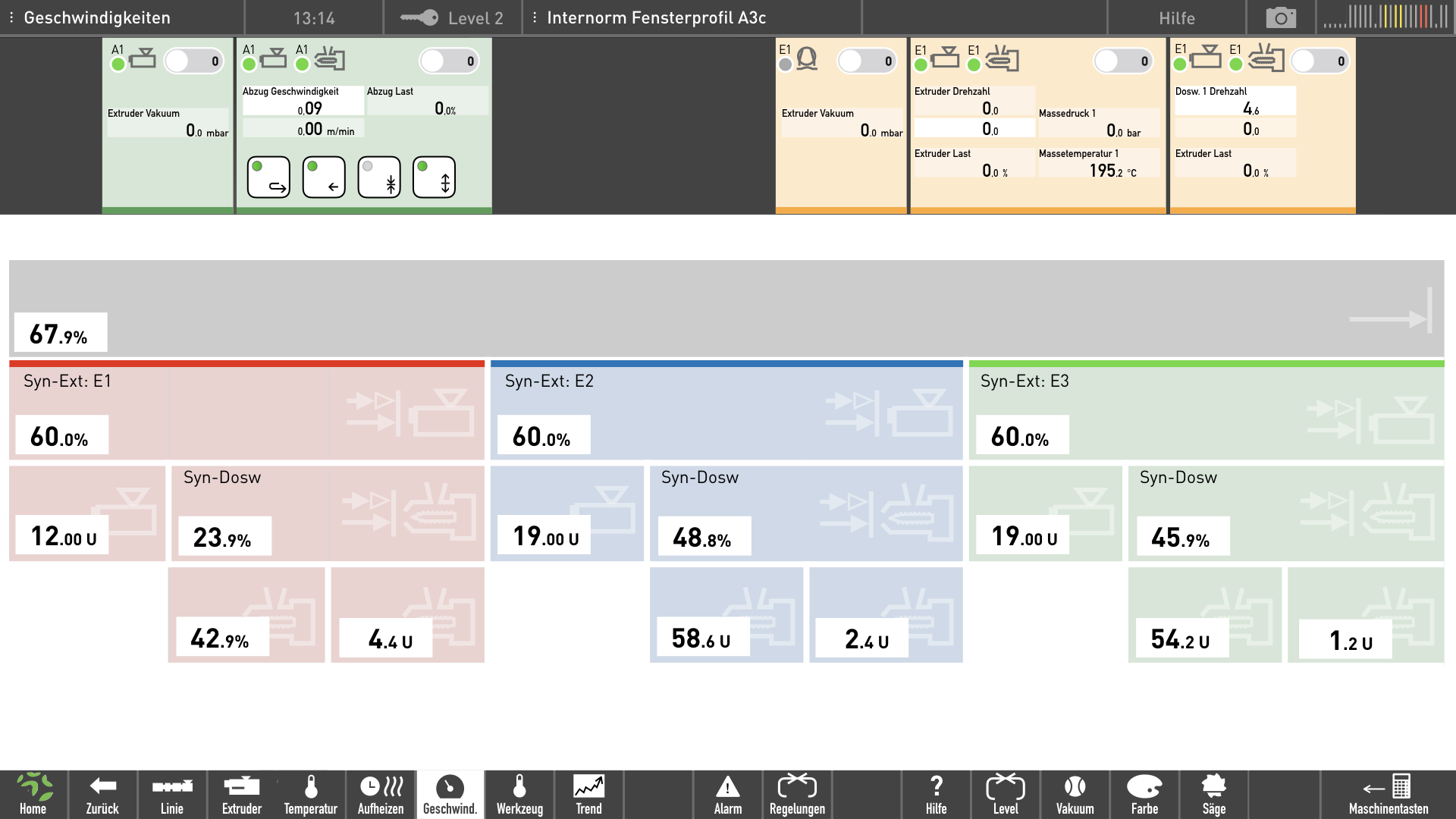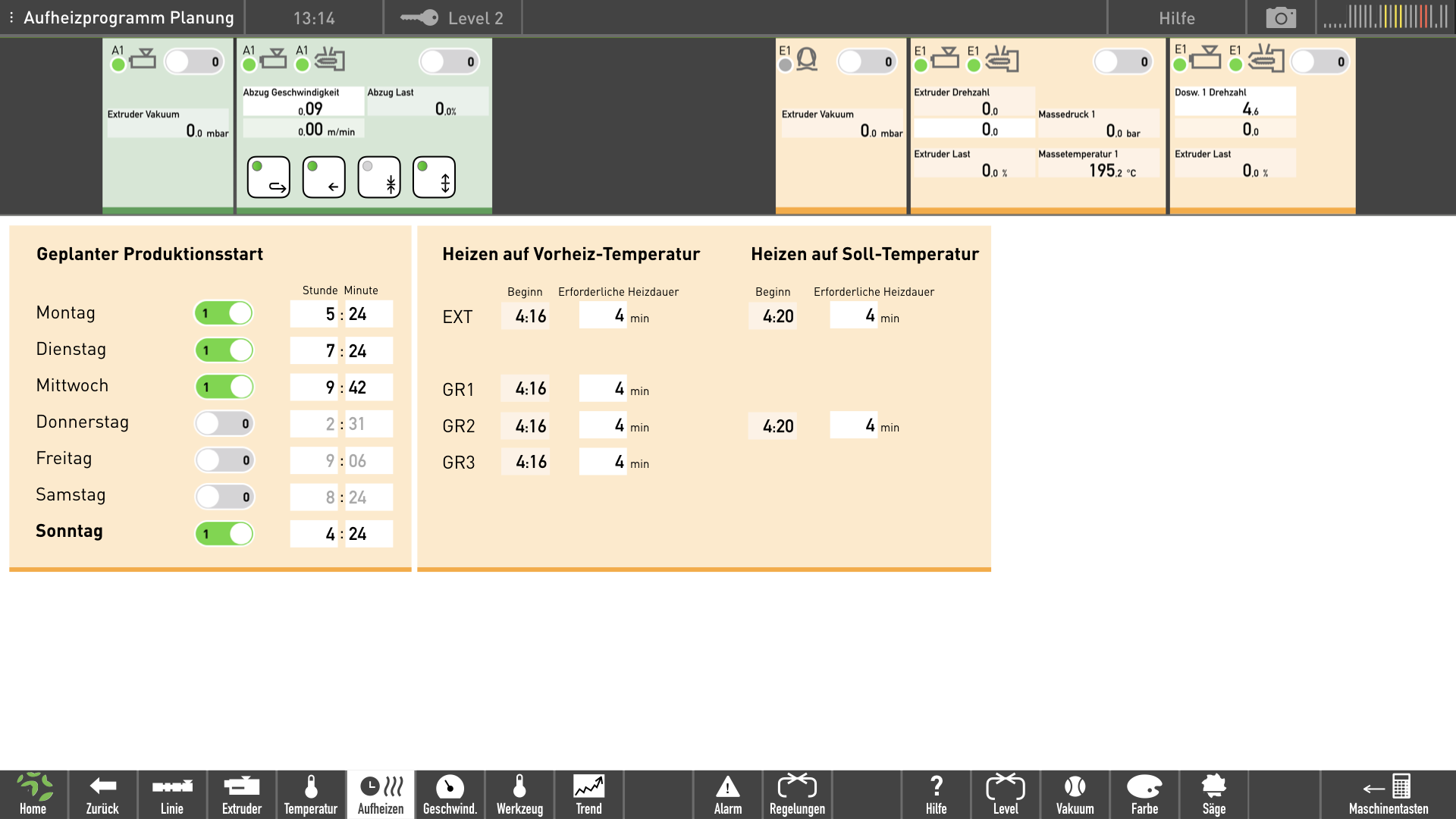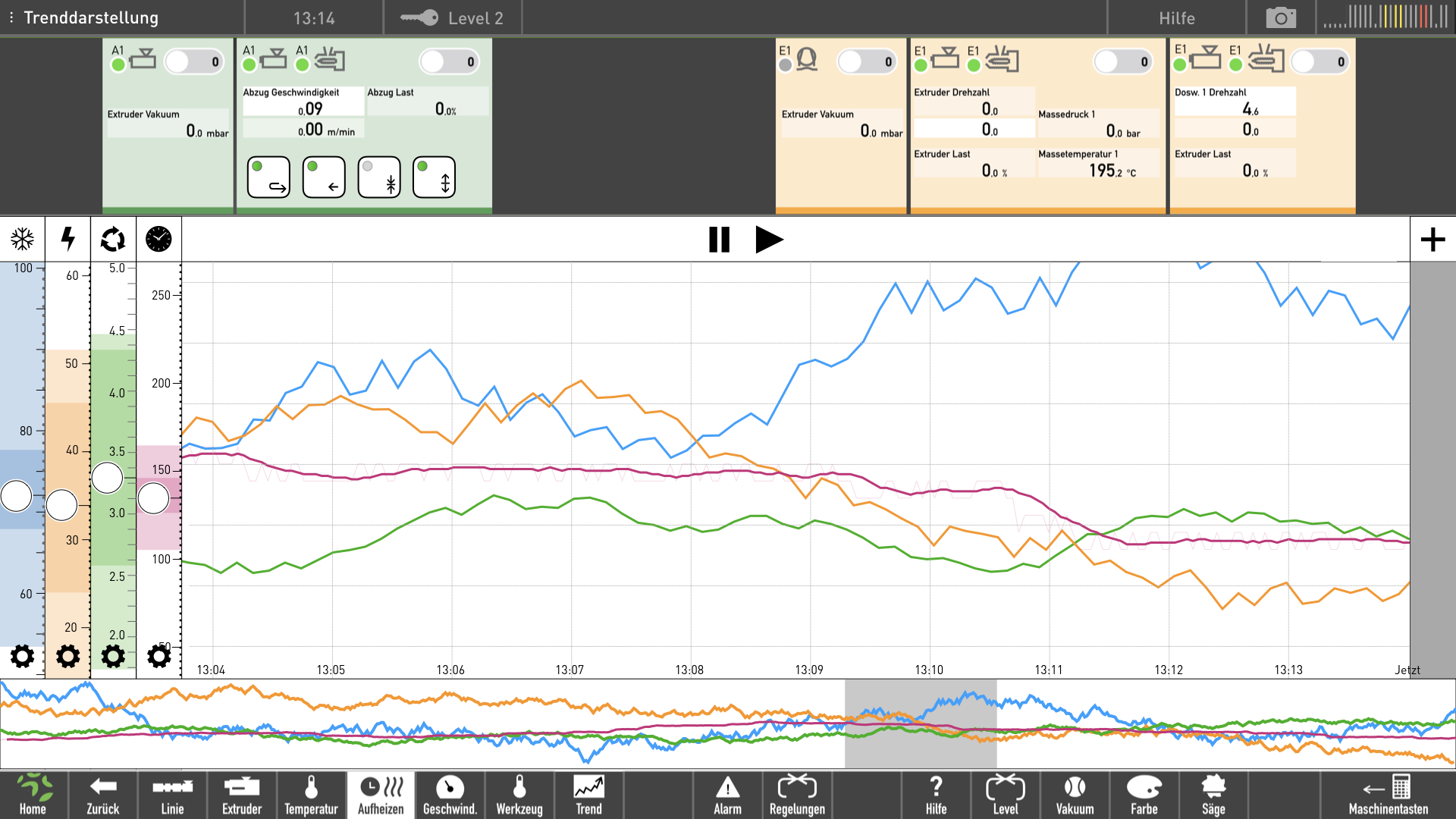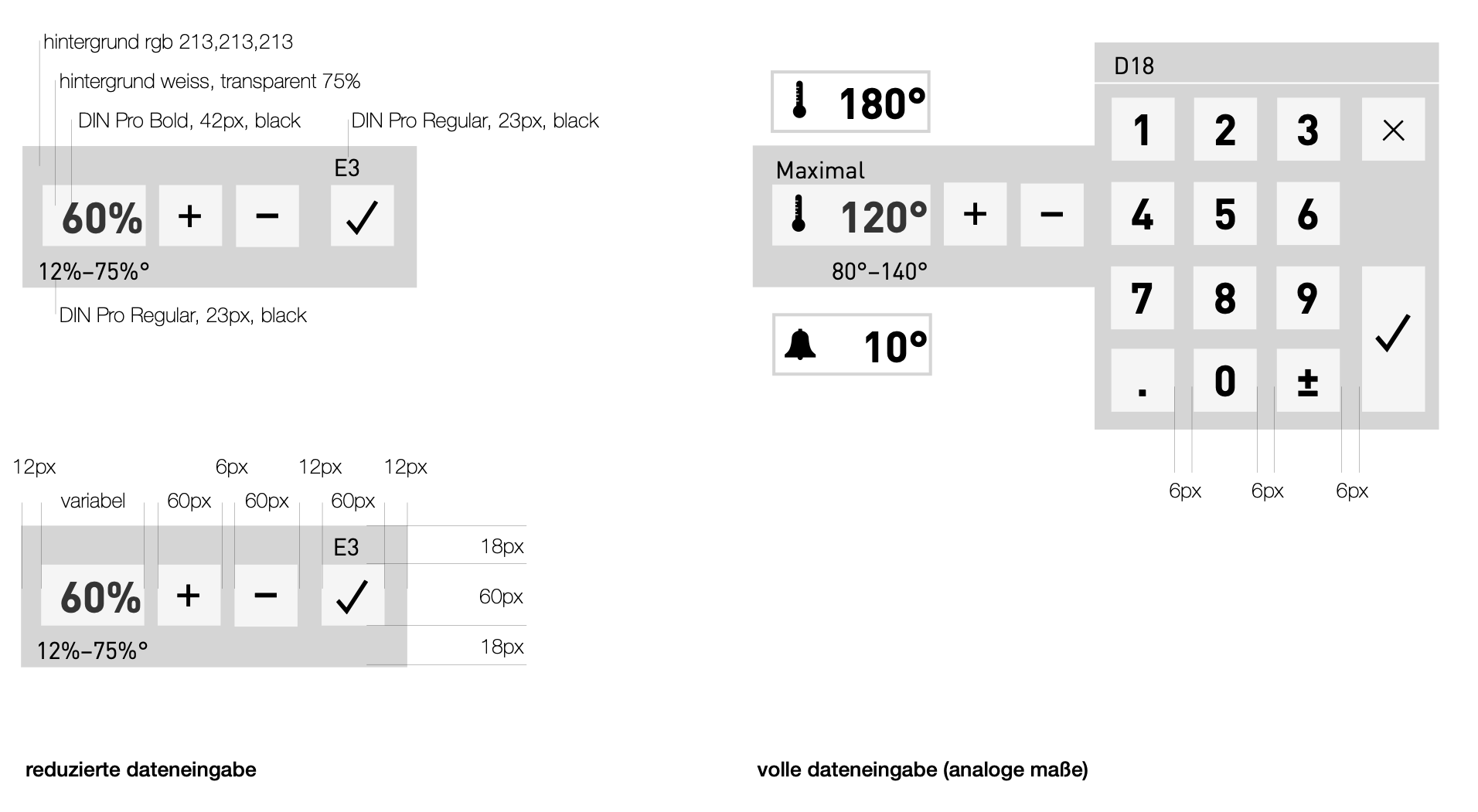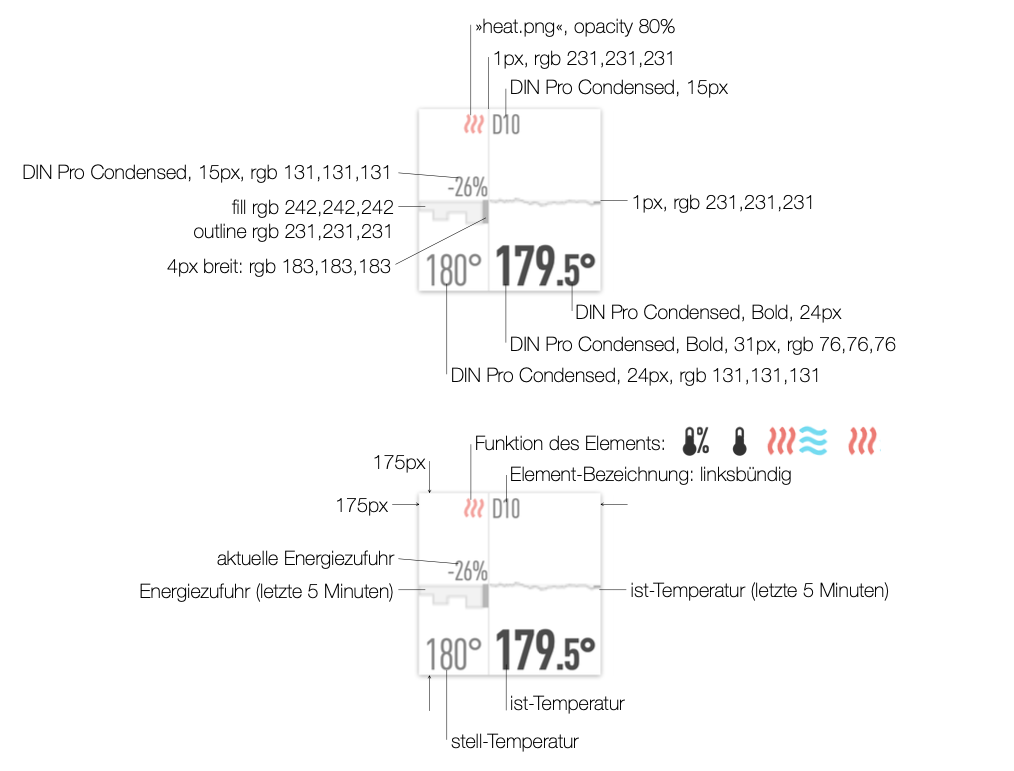the goal of this bachelor or master thesis for one or more students is to explore the field of distributed microphones.
as the pandemic has shown, picking up audio from a room full of people (eg. for hybrid meetings) is quite a challenge. room microphones only work properly in rooms that have good audio in the first place (eg. no reverb) which often cannot be guaranteed. a promising approach to solve this problem is to use the many network-connected devices already present in a room full of people in order to create a singular audio-stream (for transmission and/or recording) that could potentially be of much higher quality than any other solution.
one or more prototypes of such a solution should be implemented and tested, based on different approaches of control (automatic control vs. user-control, push-to-talk vs. »throw the ball«, etc).
»teaspoon languages« are a new concept to embed computational thinking into various of school subjects. a teaspoon language is a very constrained programming language (in the broadest sense) that can be learned within 10 or 15 minutes. it facilitates experimentation in a topic in a specific domain. by using a teaspoon languages, students (or pupils) can learn something interesting about the domain by applying aspects of computational thinking such as iterative improvement.
the task in this master thesis is to explore the topic of teaspoon languages together with school teachers and/or pedagogy students. possible goals for this thesis include a framework for future work in this area, successful experiments (design, prototyp, evaluation) with teaspoon languages, or the design of a teaspoon language authoring environment.
i want to by able to convert the slides i use in various lectures from the current lower-case-only notation to a correct upper/lower-case style. the goal in this bachelor thesis is to develop a piece of software that checks german language text on it’s use of upper and lower case, and return a text with proper capitalization. the process should be designed to use »graceful degredation« in cases where the proper capitalization is unsure (eg. sie/Sie), for example by not only correcting the use of upper/lower case in all unambiguous cases, but also returning a list of ambiguous cases that can be checked manually.
the software will be used predominantly to convert Keynote slides on macOS, so compatibility has to be considered. a MacBook can be provided for the duration of the work.
In this bachelor thesis for a group of students, a collection of software induced disasters should be documented in a structured and systematic way. We (Alex Egyed/JKU Linz, Peter Purgathofer/TU Wien) have a list of anecdotes and stories we collected during our professional life. Those anecdotes should be collected, expanded and corrected – they are anecdotes after all – through literature research, interviews etc. and organised as a publicly available database of some kind.
For a year now, some iPhones and iPads include a lidar-based 3D sensor. multiple apps have been published that use this functionality to offer 3D scanning of objects + rooms. It is however unclear what quality can be expected of the available solutions. in this bachelor thesis for 1 person, available hard- and software will be used to evaluate the various solutions and compare their strengths and weaknesses. For this, a setup has to be created that facilitates a 3D scanning process with repeatable results (handicraft experience is of advantage). Then, different 3D scanning apps should be used to scan the same materials, so that the results of scanning can be compared. Finally, the problems in the results should be analyzed to understand an undestanding of the achievable quality and the limitations. A comparison with a professional 3D scanner can be organized.
AnachB.vor.at is a great ressource to plan a trip through the city of vienna. unfortunately, it is lacking in some aspects for people with special needs. for example, someone with an anxiety disorder might need a list of toilets available along the way, as toilets are a welcoming place to retreat in case you need a short break. blind people might need a catalog of audible »landmarks« to find their way; elderly might need an app that tell them the way without the need to interact with an overly complcated app.. ideally, such an app should be able to describe the way from A to B for all groups, for people with all kinds of typical or special needs.
this bachelor- or masterthesis should take the first steps in the creation of such an app. this starts with the collection of the needs of all kinds of people - i will provide the necessary contacts; the exploration of possible designs; the creation of prototypes (paper, wireframe, vertical, etc.) on various levels; the identification of the proper technology (web? mobile app? tablet app? public screen?); the implementation of a first prototype – how far this project gets will depend on the type of work (bachelor, master) and number of people are involved.
the goal of this master thesis is to design and implement an iPad app that reanimates – and rethinks – the tradition of »marginalia« for digital documents (see https://en.wikipedia.org/wiki/Marginalia ). this app would allow someone with an iPad to annotate documents, most likels PDF documents, outside of the document margin, not only in the existing, often too-small margins, but beyond those margins, as this is the space that digital representation of the document opens up. additionally, the app should offer ways to create meaningful annotations beyond just using the pen, eg. the standard grammar-correction symbols, manicules, or other forms of traditional or new symbolic annotations. the master thesis would include some research on the tradition of marginalia, concept creation, design and implementation of an iPad app. interest in design, typography and calligraphy is of advantage, experience with iOS coding would be great.
we will sooner or later be able to go back to restaurants & cafes. after a year of distancing, some have a heightened need for social contact & real-world conversation. this bachelor or master thesis would encompass exploring the space of technologically-mediated or -enabled random lunch meetings at cafes and restaurants (especially) in vienna. possible components of such a system are mobile services or a mobile app, an interface for restaurant owners to announce their participation, and some form of communication to complement it.
for this master thesis for one or two candidates we – prof. fares kayali and me – are looking for someone who wants to explore the crossover between a virtual lab in gather.town and a real lab at the center for teacher education at uni wien. an example for such a crossover would be an electronic whiteboard that is shared between the real space and the gather.town lab. the thesis comprises of user research, design and implementation of a prototype, and evaluation.
labyrinths are wonderful little puzzles that can be used to show what algorithms are, how they work, and what that different algorithms have different strenghts and weaknesses. in a current research and design project, we are creating MOOC units for parts of the »ways of thinking in informatics course«. for computational thinking, this bachelorproject for two persons or masterproject for one person should design and implement a »labyrinth lab«, where students can experiment with algorithms in labyrinths. eg. it should be possible to see how different algorithms solve different labyrinths, follow the execution of the algorithm debugger-style through the labyrinth, and maybe even construct individual labyrinths for the algorithms to solve.
the goal of this master thesis project for one or two students is to create an AR app that replaces all branding in (predominantly) orban space with other content. one replacement could be the color yellow, in the spirit of the art project »Delete!«; another replacement could be the name of the company that owns that brand, eg. replacing Billa, Merkur, Penny, and ITS Reisen with ReWe Group. More ideas are welcome. The project comprises of the design and implementation of a mobile phone app for iOS (optionally also Android), the market research brand signs to replace, and the dissemination of the app as an art project.
i am coordinator of the media and human-centered computing curriculum. as such, i run a seperate but rarely updated page with materials and more-or-less current information about the program:
the CMU mocap dataset is a collection of 2537 actions like walking, talking, jumping etc. generated from motion capture. it is used, among others, in machine learning settings, and can there become a source of (well-hidden) bias eg. if all those motions were only generated from male, or healthy, or typically western people. the goal of this master thesis is to discuss how bias is defined in the context of such a dataset, how the dataset can be evaluated for various biases, and conduct exemplary evaluations for one or more bias dimensions. data set bias evaluation is an exciting new research area that is steadily gaining in importance.





